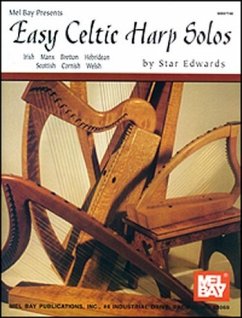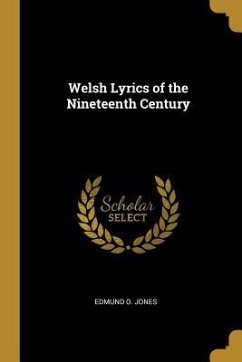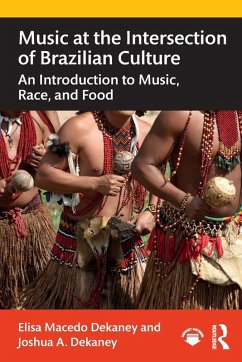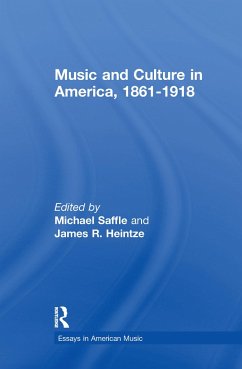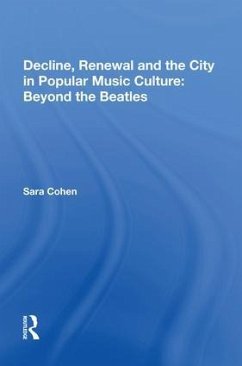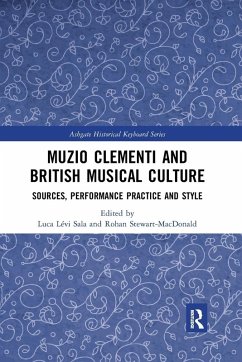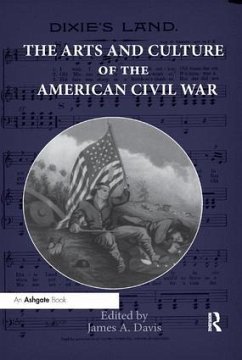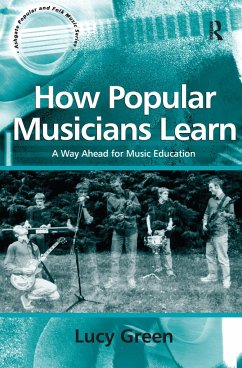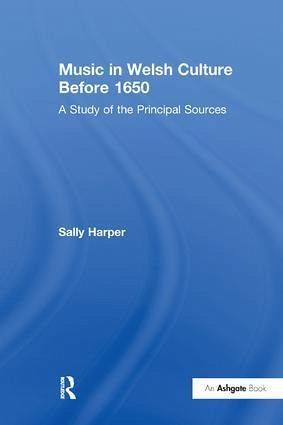
Music in Welsh Culture Before 1650
A Study of the Principal Sources
Versandkostenfrei!
Versandfertig in 1-2 Wochen
69,99 €
inkl. MwSt.
Weitere Ausgaben:

PAYBACK Punkte
35 °P sammeln!
Sally Harper provides the first serious study of Welsh music before 1650, and draws on a wide range of sources in Welsh, Latin, and English to illuminate early musical practice. Although few books with conventional notation survive, this study shows that such sources may be considered alongside other types of more prolific material, such as vernacular poetry, histories and chronicles, inventories of pieces and players, and musical treatises. Viewed as a whole, this body of material bears witness to a flourishing and unique musical tradition of considerable cultural significance, aspects of whi...
Sally Harper provides the first serious study of Welsh music before 1650, and draws on a wide range of sources in Welsh, Latin, and English to illuminate early musical practice. Although few books with conventional notation survive, this study shows that such sources may be considered alongside other types of more prolific material, such as vernacular poetry, histories and chronicles, inventories of pieces and players, and musical treatises. Viewed as a whole, this body of material bears witness to a flourishing and unique musical tradition of considerable cultural significance, aspects of which have an important bearing on wider musical practice beyond Wales.





